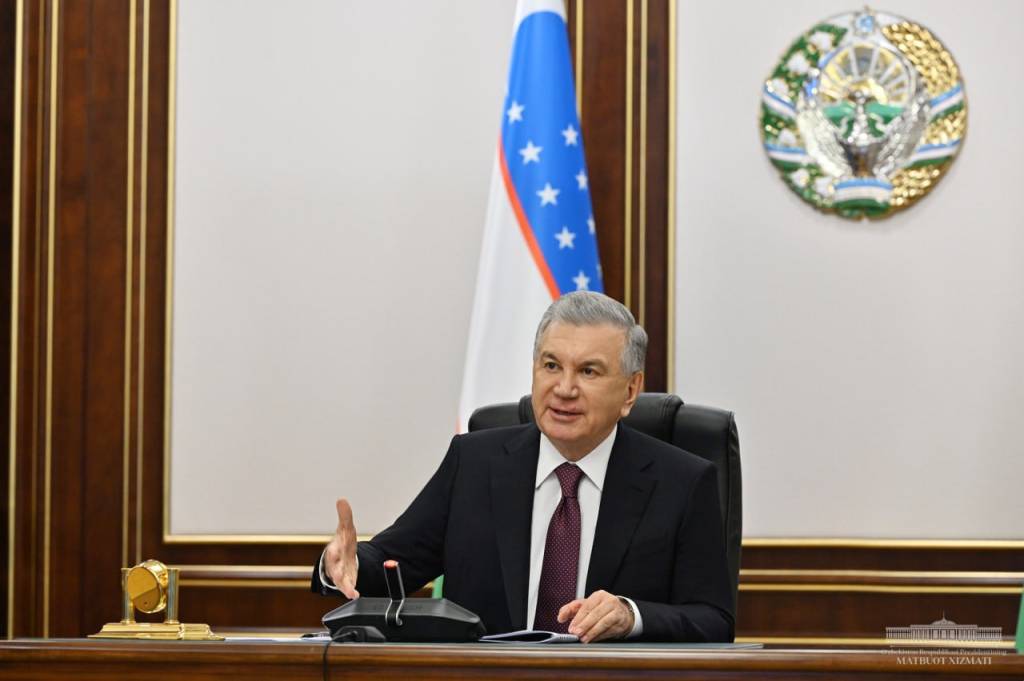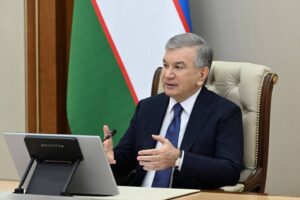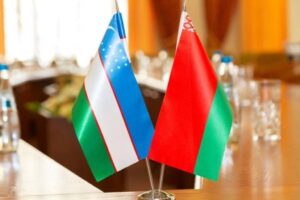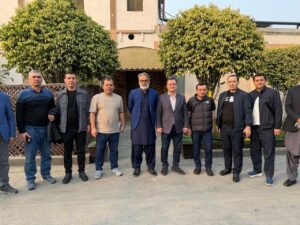Uzbekistan’s President Reviews Food Industry Achievements and Sets Vision for 2025

Tashkent, The Gulf Observer: The President of Uzbekistan Shavkat Mirziyoyev was briefed on the current state of the country’s food industry and outlined plans for its development through 2025. Amidst a growing population, ensuring food security remains a pressing challenge, compounded by global climate change and limited land and water resources. Despite these obstacles, Uzbekistan has achieved significant agricultural yields this year, including 9 million tons of grain, over 3 million tons of cotton, 16 million tons of vegetables and melons, 5 million tons of fruits and grapes, 4 million tons of potatoes, and more than 15 million tons of meat and milk. Additionally, 343 projects have been implemented in the food industry.
Discussions at the meeting emphasized the untapped potential for localizing food production, particularly in bread, meat and dairy products, vegetable oil, confectionery, and beverages. The President reviewed specific measures to enhance production in these areas, including proposals to extend benefits for the direct import of raw materials, packaging, and labels for an additional two years beyond their expiration in 2025.
In recent years, Uzbekistan’s confectionery exports have quadrupled to $13 million, driven by reduced production costs and increased competitiveness. In the fat and oil industry, where 408 enterprises operate, limited raw materials restrict full capacity. Allowing exports of fat and oil products could boost production by 120,000 tons and yield an additional 240,000 tons of feed meal. The Deputy Prime Minister has been tasked with submitting market-aligned proposals on this matter.
The President also addressed the potential to increase meat exports, particularly halal-certified products, which are in high demand in regional and Arab markets. Enhancing the shelf life of meat products to European standards, from the current three months to up to 12 months, was identified as a strategy to double production and export volumes. Similarly, the expansion of dairy production was discussed, including the establishment of testing laboratories in Namangan, Samarkand, and Tashkent regions, and improved labeling practices to distinguish between products made from natural and dry milk.
The export of soft drinks and natural juices has increased ninefold over the past five years, reaching $35 million. However, high customs duties on tropical fruit concentrates limit competitiveness. Proposals to exempt these imports from duties are under consideration to further support the industry.
As part of the “From Poverty to Prosperity” program, industry enterprises have established mutually beneficial partnerships to drive development. The President instructed responsible parties to enhance the quality and scope of these initiatives in the coming year.


